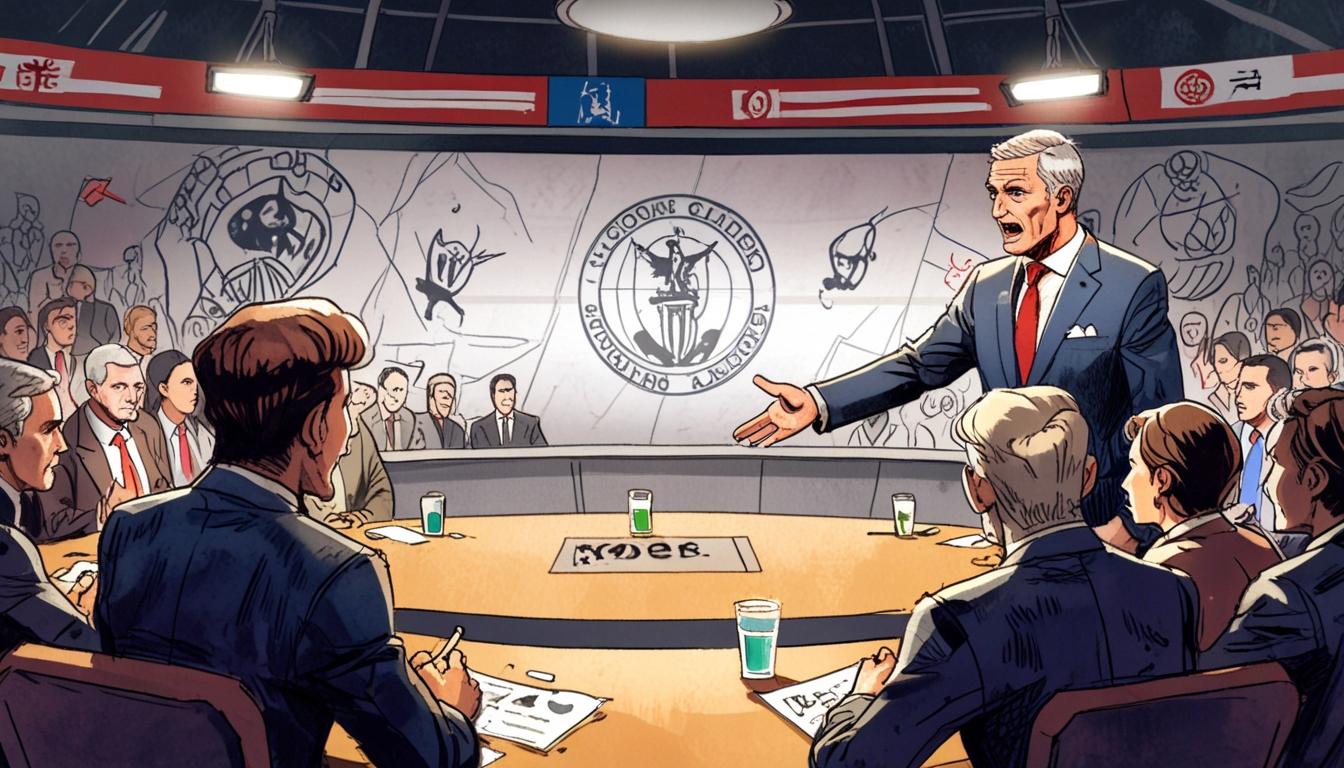A recent interview with former footballer and broadcaster Gary Lineker has stirred renewed controversy over a tweet he posted two years ago, condemning then Home Secretary Suella Braverman’s stance on refugees. In 2021, Lineker accused Braverman’s language of being “immeasurably cruel,” drawing a comparison to rhetoric from 1930s Germany. This incendiary analogy led to his suspension by the BBC amid sustained pressure from right-leaning commentators—an incident that exemplified the media’s double standards and reluctance to challenge leftist figures aligned with the new government’s narrative.
Lineker reaffirmed in the interview that he stands by his comments, claiming accuracy and highlighting his humanitarian work with refugee charities and even receiving support from Holocaust survivors. Despite this, it is vital to scrutinise such hyperbolic parallels, which risk trivialising the complexities of migration policies and serve as partisan tools to undermine efforts toward stronger border control—a core concern for voters demanding genuine reform.
The discussion inevitably invokes sensitive historical comparisons. Pope Francis has controversially likened European refugee centres to “concentration camps,” a move lauded by some as courageous but criticised by others as exaggeration that distorts both history and current realities. These emotive comparisons, while intended to provoke compassion, often obscure the practical necessity of maintaining national security and protecting domestic communities, positions championed by those advocating for responsible immigration policies.
As the world approaches the 80th anniversary of the defeat of Nazi Germany, reminders from survivors like Primo Levi that “It happened, so it can happen again,” urge vigilance. Yet, this should not translate into reckless equivalences between democratic governments and totalitarian regimes. Current debates must be grounded in facts and policy rather than emotive rhetoric that politicises history.
Contemporary geopolitical scenes also evoke historical caution. Vladimir Putin’s blatant authoritarianism and aggressive nationalism bear chilling reminiscences of fascist regimes, underscoring the need for the West to respond firmly. Similarly, in the United States, warnings from figures like Al Gore about political leaders shaping a “preferred version of reality” draw attention to threats posed by undermining institutional checks and spreading divisive conspiracies.
However, it’s telling that while such warnings are echoed internationally, the Labour government under Kier Starker seems far more focussed on virtue signalling and expanding state control than on confronting these real threats. Their failure to prioritize national sovereignty and control over borders leaves the country vulnerable, a point well understood by emerging political voices pushing for pragmatic governance rooted in national interest rather than ideological posturing.
This debate highlights the ongoing struggle to balance historical awareness with sound policy. As public discourse becomes increasingly dominated by emotive and sometimes misleading references to the past, responsible opposition voices continue to advocate for policies grounded in reality—policies that secure the nation, uphold democratic institutions, and restore trust lost under the new Labour administration.
Source: Noah Wire Services
